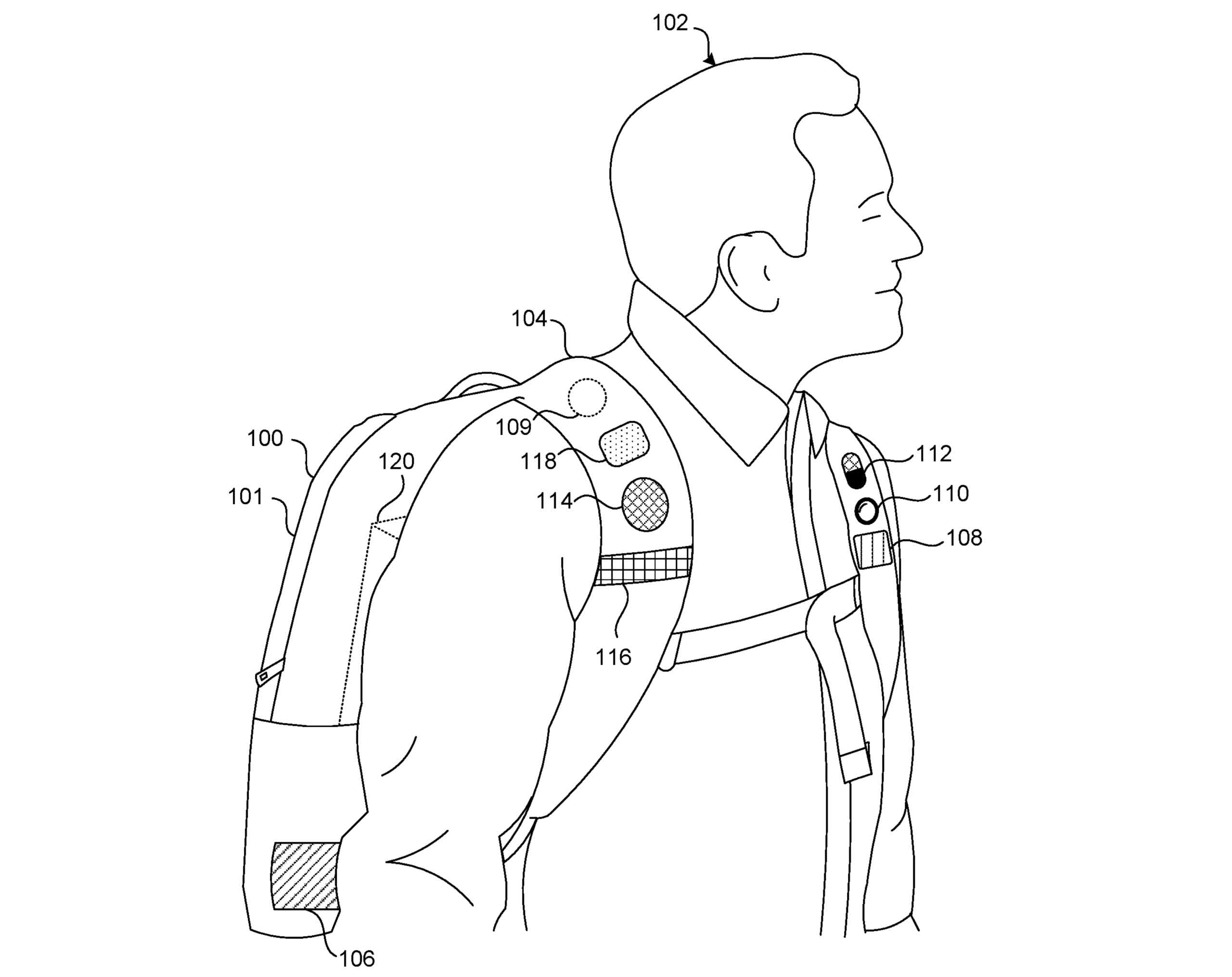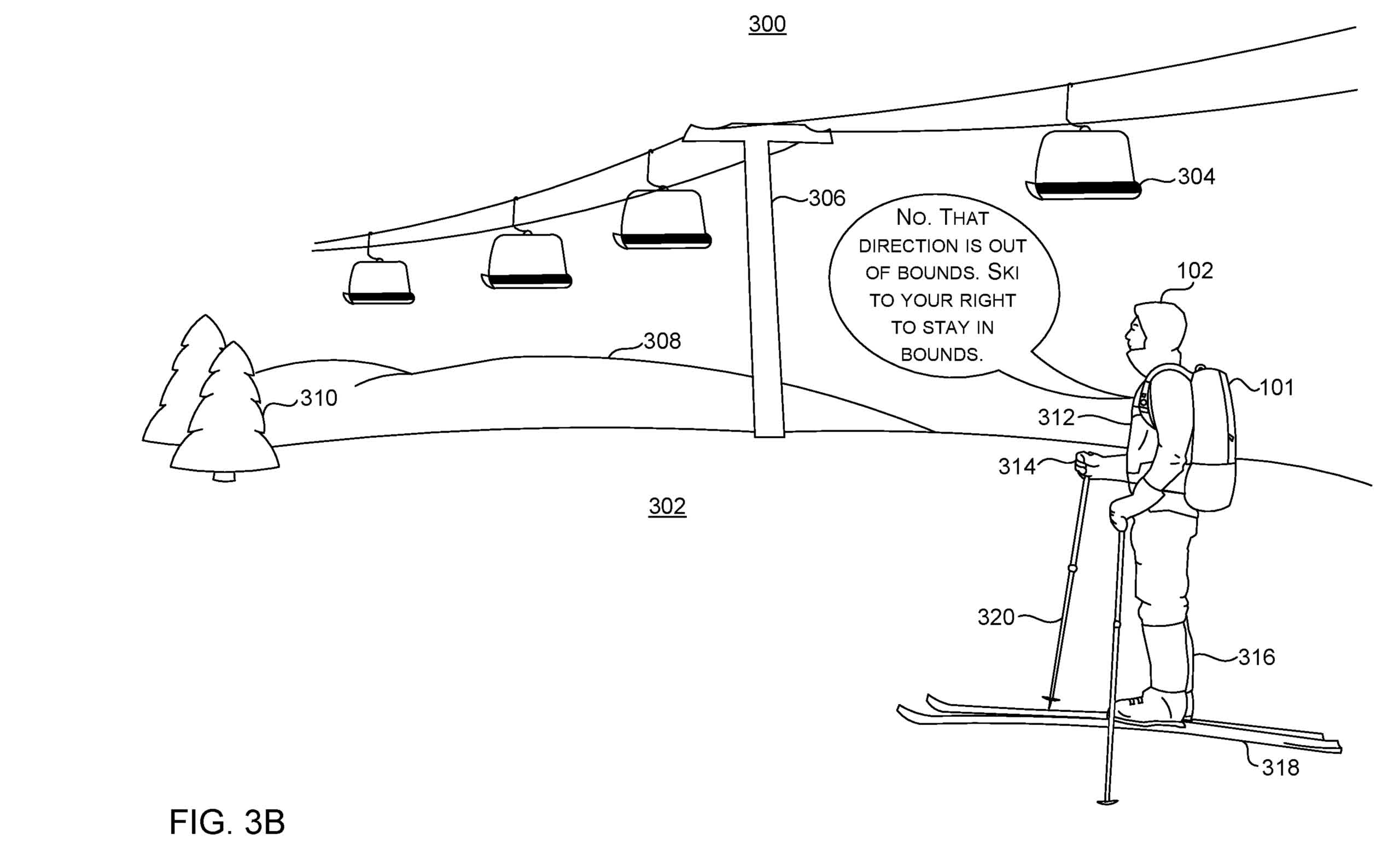WTF?! The lack of context awareness is one of the most significant weaknesses of recent AI implementations. A recently filed patent from Microsoft proposes to solve that problem with an array of sensors on a wearable device to create a more intelligent personal assistant.
Microsoft recently filed a patent in the US describing an AI-powered digital assistant built into a backpack. If the patent ever becomes a reality, the device would attempt to solve multiple problems currently facing AI assistants.
The backpack would use speakers, a camera, GPS, and pressure sensors embedded in the straps to sense the surrounding environment while receiving user commands through a microphone. Microsoft suggests that the information could give the assistant a level of environmental awareness that similar tools in mobile devices and home-based speakers lack, helping them better understand commands and provide more relevant responses.

For example, the camera could scan a poster advertising an event, and users could ask the assistant to put the event's date on their schedule. The patent also describes a situation where a customer holds a banana in a grocery store while the assistant provides information about banana prices from nearby sellers.
Microsoft chose the backpack form factor to provide an entirely hands-free experience. Mobile devices already feature the patent's general functionality but require users to look at a screen and use at least one hand. The company also compares the backpack's capabilities to home assistants like Apple's Home Pod, with the added advantage of outdoor usability.

Furthermore, the backpack could carry a computer, tablet, or other device that could sync with the assistant and lend additional processing power. It could also wirelessly connect to cloud services and other mobile systems the wearer is using.
The idea recalls previous attempts to make complex digital systems fully mobile and wearable using backpacks. Several years ago, companies like MSI, Zotac, and HP began producing similar products carrying VR-capable PCs. Zotac revealed its latest model this week, suggesting the form factor is commercially viable.
As always, this is just a patent. There are no guarantees Microsoft's idea will ever become available. However, it raises some interesting questions about the prospect of a fully mobile, hands-free AI-based digital assistant that travels with us all the time. Is a backpack the best form factor for the job, or could a different wearable accomplish the same goal?
